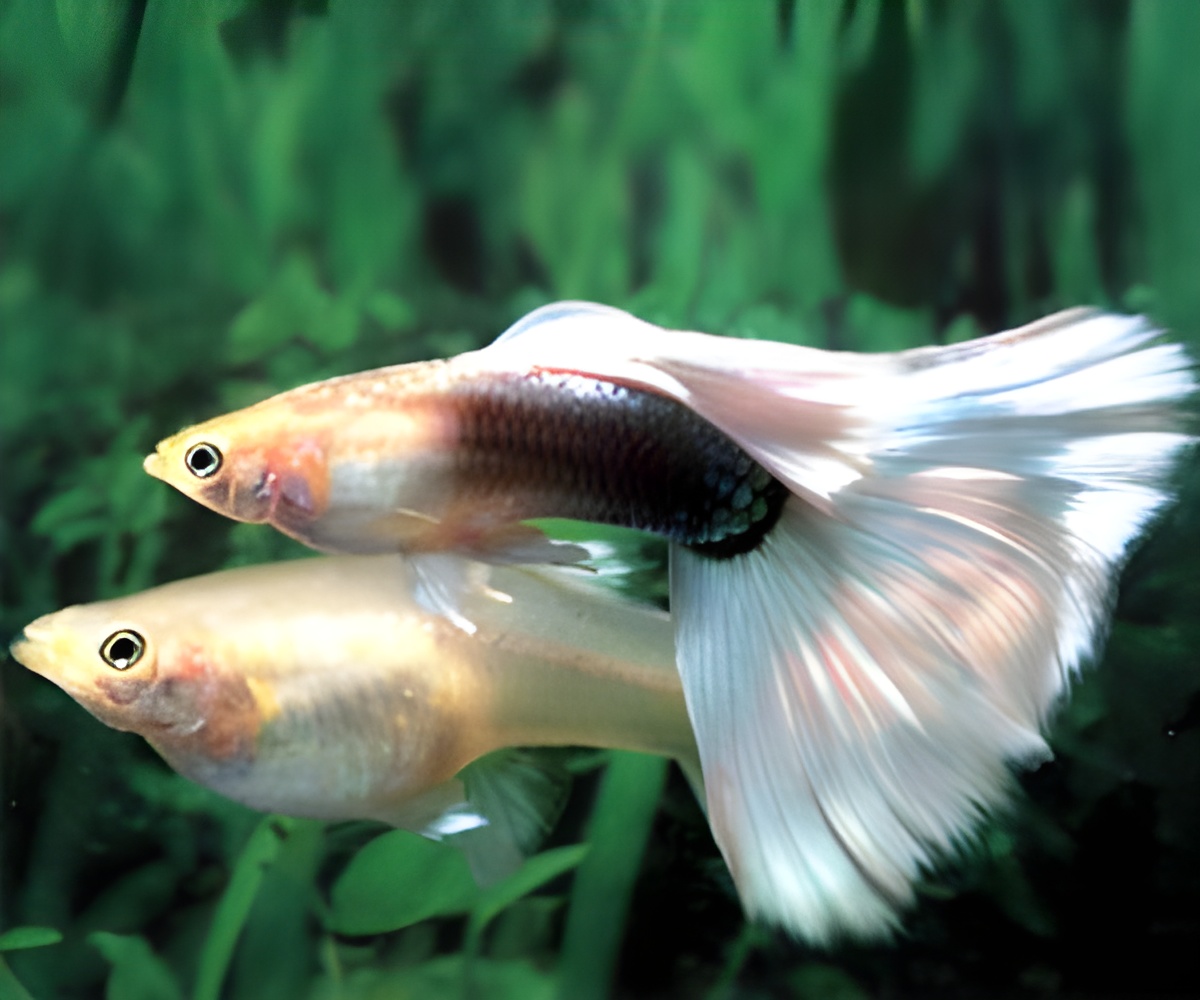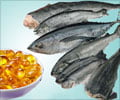Zoologists reveal that rather than being limited to eating insects, spiders that prey on fish are found all over the world.

Martin Nyffeler from the University of Basel, Switzerland and Bradley Pusey from the University of Western Australia gathered and documented numerous incidents of spiders predating fish from all around the world.
Nyffeler said that the finding of such a large diversity of spiders that engage in fish predation is novel and their evidence suggested that fish might be an occasional prey item of substantial nutritional importance.
According to study, naturally occurring fish predation by spiders has been reported from all continents with the exception of Antarctica.
According to study, in order to catch its prey the spider will typically anchor its hind legs to a stone or a plant, with its front legs resting on the surface of the water, ready to ambush. The fish will then be dragged to a dry place before the feeding process can begin which usually lasts several hours.
The study is published in the academic journal PLOS ONE.
 MEDINDIA
MEDINDIA



 Email
Email




